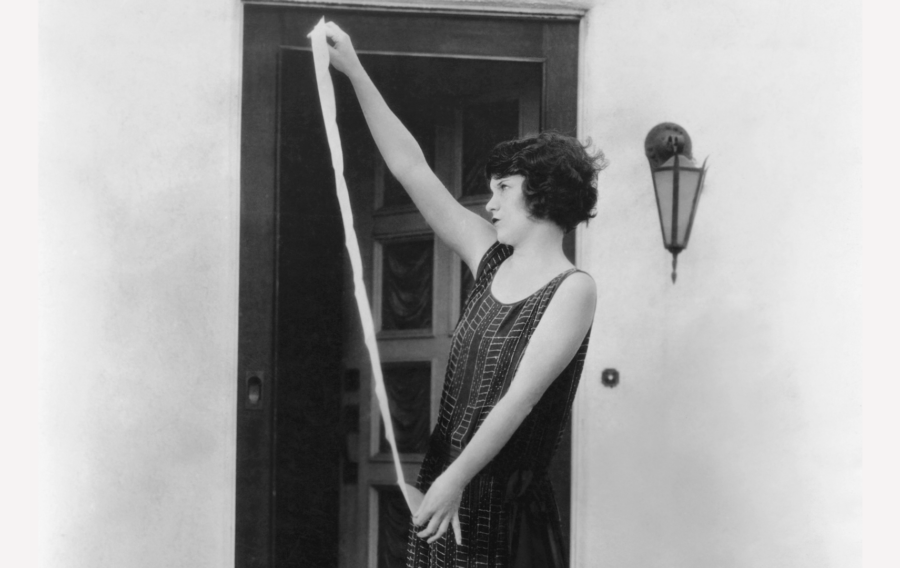My “Shame” Bucket List: how exposure exercises helped increase my feelings of self-worth

I recently organized my computer files and found a document entitled “My Shame List.” Even though the title doesn’t sound positive, the document actually contains a list of homework ideas that I came up with a couple of years ago while I was in therapy.
Reading my list, I couldn’t help but notice how all the items targeted issues relevant in RO DBT— especially since OC individuals often experience feelings of shame. I noticed that most of the exposure exercises included being subjected to other people’s opinions, and this made sense, as shame is an emotion closely related to being included or rejected by others.
I also noticed that most of the exercises weren’t about tackling my “big” fears. However, sometimes it’s the seemingly insignificant situations or things that appear as “no big deal” that can teach us the most.
Now I’d like to share some of the items on my list and the reasoning for including them.
Warning to other OC folks: reading the following might make you blush, gasp, or say, “Oh my God.” Get ready to be horrified! 🙂
1. Inviting friends over even though my bedroom was “messy.”
Reasoning: to show my brain that I wasn’t going to be rejected for having a few random items lying around, which somehow equated to “the end of the world.”
2. Proudly sharing my love for reality TV and reading Twilight on public transport.
Reasoning: to show my brain that leisure matters and there’s nothing to be embarrassed about – even if you’re an English major reading a book that’s often described as “absolutely cringy.”
3. Telling others about a “bad” grade (aka anything below an A) or showing someone else my academic transcript.
Reasoning: to show my brain that grades aren’t tied to my self-worth, and that nobody was going to think less of me for a few B’s or even C’s!
4. Raising my hand in class and giving the wrong answer (on purpose). Other variations include mispronouncing words or sending emails with obvious spelling mistakes (also on purpose).
Reasoning: to show my brain that it was OK to make mistakes, and not be perfect all the time!
5. Calling somebody for help instead of being stubborn and hanging on to the idea that I needed to be 100% independent, 100% of the time.
Reasoning: to show my brain that vulnerability was okay, and that asking for help was not a “weakness.”
Before engaging in these exposure exercises, I felt so much anxiety. When I realized that, in fact, there was no emergency, no threat, and no reason to feel deeply ashamed, I was overcome with relief.
In short, engaging in exposure exercises taught me that my self-worth remains intact, and that I am still worthy — even when I cook a meal for someone else that doesn’t turn out to be delicious, even when I sing off key in front of my friends, and even when I don’t “get it right” the first time around.
At the end of the day, it wasn’t easy, and it took a lot of courage, but checking off most items on my “shame bucket list” was beyond worth it. 🙂